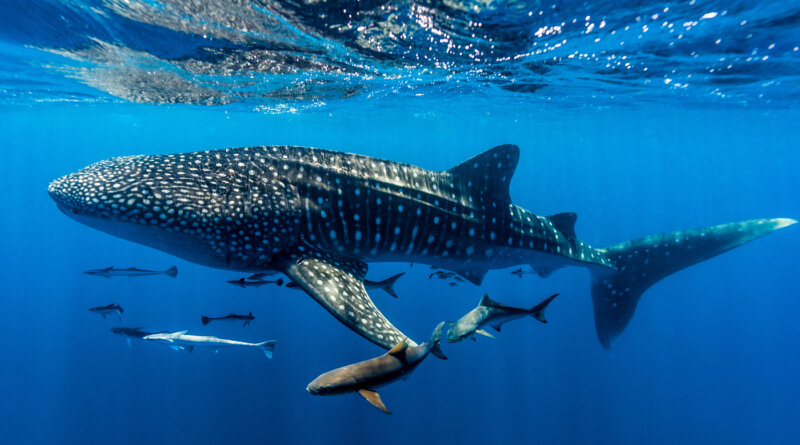U.N. publishes first-ever analysis of world’s migratory species : Short Wave : NPR

Jason Edwards/Getty Images

Jason Edwards/Getty Images
Every year, billions of animals across the globe embark on journeys. They fly, crawl, walk or slither – often across thousands of miles of land or ocean – to find better food, more agreeable weather or a place to breed.
Think monarch butterflies, penguins, wild Pacific salmon. These species are crucial to the world as we know it. It’s “the stuff of poetry and song and cultural significance,” says Amy Fraenkel, the Executive Secretary of the Convention on the Conservation of Migratory Species of Wild Animals says.
But until this week, there had never been an official assessment of the world’s migratory animals.
This first of its kind report by the United Nations found that nearly half of the world’s already threatened migratory species have declining populations, and more than a fifth of the 1,200 migratory species monitored by the U.N. are threatened with extinction.
Humans are contributing to these numbers.
The two greatest threats to migratory species are overexploitation — like hunting and fishing — and habitat loss from human activities. Invasive species, climate change and pollution, including light and sound pollution, are also having profound impacts.
Fraenkel says she hopes the report will encourage action across policy-makers, corporations and individuals. From governments, that may include increasing ecological connectivity – building physical structures that protect animals on their journeys – or scaling up efforts to address pollution. Fraenkel says people can contribute by being conscious of their individual contributions to things like light and sound pollution.
Are you afraid of needles or shots? Send us a voice memo at shortwave@npr.org. We’d love to hear about it for an upcoming episode.
Listen to Short Wave on Spotify, Apple Podcasts and Google Podcasts.
Listen to every episode of Short Wave sponsor-free and support our work at NPR by signing up for Short Wave+ at plus.npr.org/shortwave.
Today’s episode was produced by Rachel Carlson. It was edited by Rebecca Ramirez. Brit Hanson checked the facts. Gilly Moon was the audio engineer.





